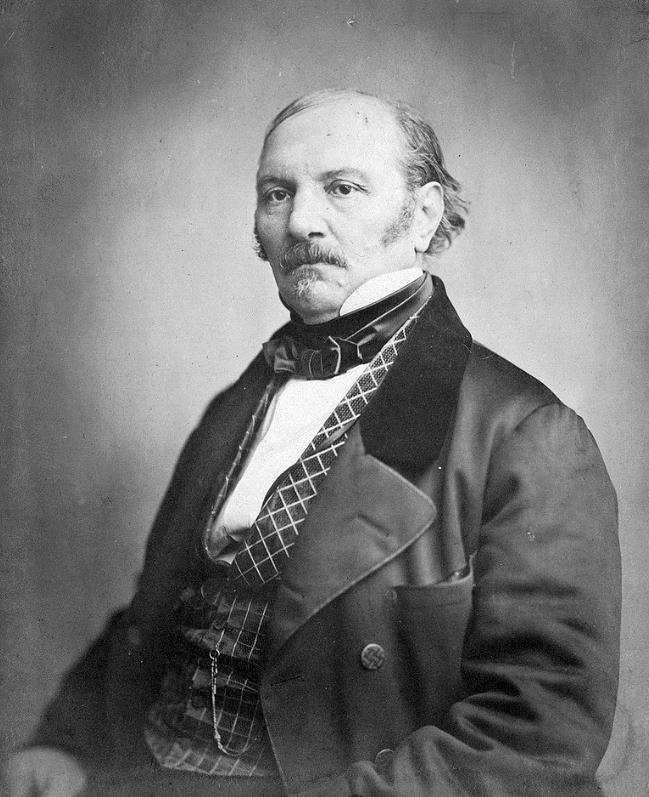
Brazil, renowned for its vibrant culture and diverse religious landscape, is home to a unique and influential spiritual tradition known as Spiritism. Rooted in the belief in the communication between the material and spirit worlds, Spiritism has garnered a significant following throughout the country. This article explores the origins, principles, practices, and impact of Spiritism in Brazil, shedding light on its rich history and profound influence on the nation’s cultural and religious fabric.
While the Brazilian Spiritist Federation has existed since 1884, Spiritism in Brazil is not a centralized religion, and its practice varies depending on different interpretations of mediumship. The influence of Afro-Brazilian traditions has led to the emergence of a more popular version of Spiritism in Brazil, which, however, is not officially recognized by the Spiritist Federation.
The origins of Spiritism can be traced back to the 19th century when Allan Kardec, a French educator and writer, codified its principles in his seminal work, “The Spirits’ Book.” Drawing inspiration from previous spiritualist movements and his own experiences, Kardec sought to provide a systematic framework that would bridge the gap between the material and spiritual realms. His writings gained popularity in Brazil after being translated and disseminated by a group of intellectuals, resulting in the emergence of Spiritism as a distinct religious movement in the country.
Allan Kardec, born as Hippolyte Léon Denizard Rivail on October 3, 1804, in Lyon, France, is the renowned educator and writer who played a pivotal role in the development and codification of Spiritism. Kardec’s contributions to the spiritualist movement, particularly in Brazil, have solidified his position as one of the most influential figures in Spiritism’s history.

Prior to his involvement with Spiritism, Kardec had a successful career as an educator and author. He held a deep interest in scientific and philosophical studies, which ultimately laid the foundation for his exploration of spiritual phenomena. In the mid-19th century, Kardec became intrigued by the burgeoning spiritualist movement and began attending séances and investigating various psychic phenomena.
Kardec’s encounters with mediums and spirit communication led him to develop a systematic approach to understanding and categorizing spiritual experiences. He sought to establish a coherent philosophy that would reconcile spiritual phenomena with scientific inquiry and rational thought. In pursuit of this goal, Kardec conducted extensive research and interviews with mediums, compiling a vast body of information on spirit communications and their implications.
His seminal work, “The Spirits’ Book” (Le Livre des Esprits), published in 1857, became the cornerstone of Spiritism. In this book, Kardec presented a series of questions posed to spirits through mediums, covering topics such as the nature of God, the immortality of the soul, moral principles, and the purpose of human existence. The responses he received formed the basis of Spiritist doctrine and provided a comprehensive framework for understanding the relationship between the material and spiritual worlds.
Kardec’s writings emphasized the moral and ethical aspects of Spiritism, promoting the cultivation of virtues and personal responsibility for spiritual growth. He emphasized the idea of reincarnation and karma, highlighting the belief that individuals are accountable for their actions and have the opportunity to progress morally and intellectually through successive lives.
Following the publication of “The Spirits’ Book,” Kardec’s works gained significant popularity in Brazil, largely due to the efforts of a group of intellectuals who translated and disseminated his writings. Brazil became a fertile ground for the growth of Spiritism, and Kardec’s teachings resonated deeply with the country’s cultural and spiritual landscape.
Kardec continued his work and authored several other important Spiritist texts, including “The Mediums’ Book” (Le Livre des Médiums) and “The Gospel According to Spiritism” (L’Évangile selon le Spiritisme). These books further elaborated on the principles and practices of Spiritism, providing guidance on mediumship, spiritual healing, and moral progress.
Unfortunately, Kardec’s life was cut short when he passed away on March 31, 1869. However, his legacy endured, and Spiritism, particularly Kardecist Spiritism, continued to flourish in Brazil and around the world. His writings remain fundamental texts within the Spiritist movement, guiding generations of believers and scholars in their exploration of spirituality, morality, and the relationship between the material and spiritual realms.
Allan Kardec’s contributions to Spiritism, with his rational and systematic approach to spiritual phenomena, have left an indelible mark on the religious and philosophical landscape of Brazil and beyond. His work continues to inspire and guide individuals on their spiritual journeys, fostering a deeper understanding of the spiritual dimensions of existence and the pursuit of moral progress.
Another propagation of Spiritism in Brazil owes much to the apostolic work carried out by spiritual mediums, with Francisco “Chico” Xavier (1910-2002) being the the most famous among them. Xavier’s contributions were significant, as he authored more than 400 books and wrote thousands of letters to the families of deceased individuals, claiming to do so through psychography (automatic writing). His work gained widespread recognition, and he became a prominent figure in the Spiritist movement. His charisma and popularity contributed to a significant surge in the number of Spiritist believers in Brazil.

At the core of Spiritism lies the belief in the existence of spirits and their ability to communicate with the living. Spiritists believe that spirits are eternal beings who continue to evolve through multiple reincarnations, each life presenting opportunities for moral and intellectual progress. This principle of reincarnation is intricately linked to the concept of karma, which emphasizes the idea that individuals reap the consequences of their past actions in subsequent lives.
Another fundamental tenet of Spiritism is the doctrine of moral progress. Spiritists advocate for the cultivation of virtues, such as love, compassion, and humility, as a means to achieve spiritual growth. They emphasize personal responsibility and the need for individuals to strive for moral improvement, both for their own benefit and for the collective betterment of society.

Practices in Spiritism
Spiritist centers, known as “spiritualist houses” or “spiritist societies,” serve as gathering places for believers to engage in various practices and activities. These centers typically host study groups, prayer sessions, healing services, and lectures on Spiritist philosophy. Mediumship, the practice of communicating with spirits, holds a central place in Spiritist rituals.
Mediums are individuals who have the ability to establish contact with the spirit world and act as intermediaries between the physical and spiritual planes. They employ different forms of mediumship, such as trance, clairvoyance, or psychography (automatic writing), to relay messages from spirits to those seeking guidance or solace. Mediums undergo training and spiritual development to enhance their abilities and ensure ethical and responsible practices.
The Spiritist Impact on Brazilian Society
Spiritism has had a profound impact on Brazilian society, transcending religious boundaries and influencing various aspects of the culture. Its teachings emphasize the importance of charity and social responsibility, leading to the establishment of philanthropic organizations and initiatives inspired by Spiritist principles. Spiritist centers often serve as community hubs, providing assistance to those in need, including educational programs, medical aid, and support for marginalized groups.
Spiritism’s influence extends beyond philanthropy and scientific exploration; it has also made its mark on Brazilian literature and arts. Many prominent Brazilian authors and artists, such as Machado de Assis, Castro Alves, and of course Chico Xavier, have been associated with Spiritism. Through their works, they explore themes of spirituality, moral consciousness, and the human condition, often incorporating Spiritist concepts and beliefs. These literary and artistic expressions have not only contributed to the enrichment of Brazilian culture but have also played a role in disseminating Spiritist ideas to a wider audience.
Moreover, Spiritism has also made significant contributions to the field of science, particularly in the exploration of psychic phenomena and consciousness studies. Scholars and researchers in Brazil have conducted studies and experiments to further understand the nature of mediumship and its implications for human consciousness, offering unique perspectives on the relationship between spirituality and science.
Criticism and Controversies
As with any religious or spiritual movement, Spiritism has faced criticism and controversies. Skeptics argue that mediumship and communication with spirits are mere illusions or products of psychological phenomena. Some question the scientific validity of Spiritist practices and challenge the claims of spirit communication as subjective experiences rather than objective evidence.
Additionally, there have been cases of fraudulent mediums taking advantage of vulnerable individuals seeking spiritual guidance, tarnishing the reputation of Spiritism. Such incidents have sparked debates and raised concerns about the regulation and ethical standards within the practice of mediumship.
Conclusion
Spiritism in Brazil has evolved into a significant religious and cultural phenomenon, capturing the imaginations of millions with its unique blend of spiritual beliefs and practices. It provides a framework for individuals to explore questions of life, death, and the afterlife, while also emphasizing personal growth and social responsibility. Through its philanthropic endeavors and contributions to scientific research, Spiritism continues to shape the social fabric of Brazil and leave an indelible mark on its cultural landscape.
VISIT MYSTIC SCIENCES FOR MORE ARTICLES!


